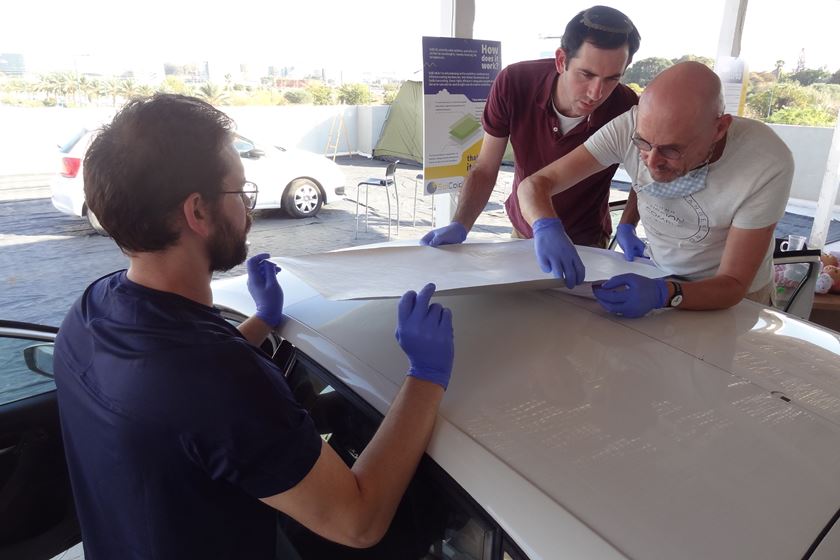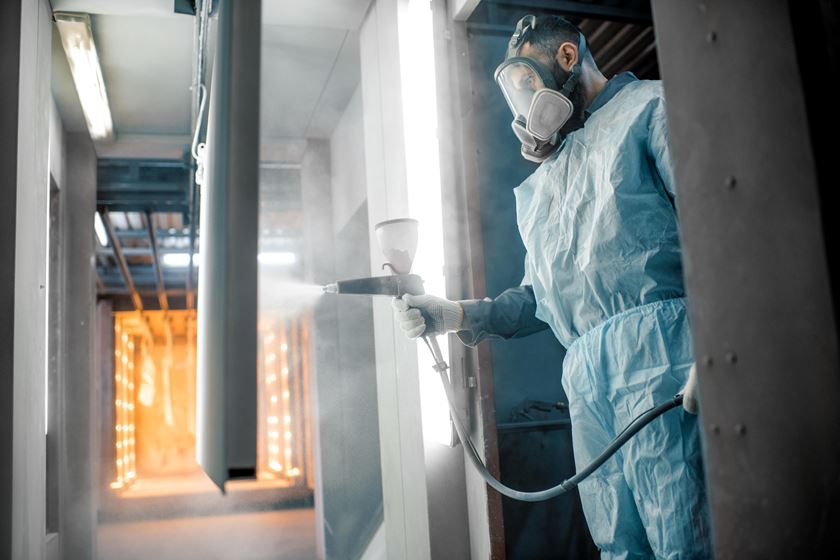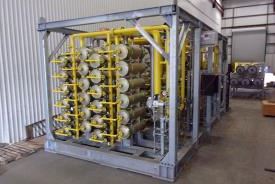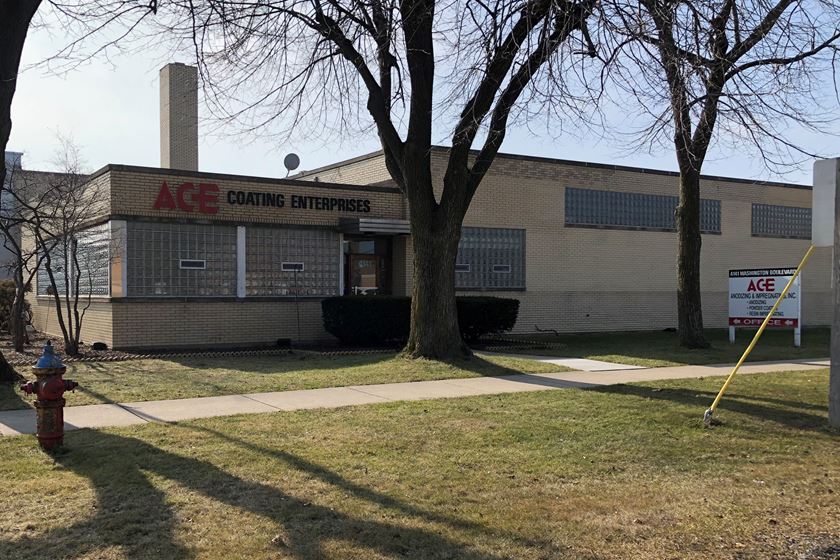Hard, Abrasion-Resistant Coating
Q. I have a contract to paint what we refer to as piano keys. These are plastic keys that hinge on the back to click on and off when pressed by a person’s finger. This customer’s previous painting contractor went out of business, and I have not been able to find out how the keys were painted before or what paint was used. The paint is very hard and cannot be scratched with a fingernail. The color is a cool gray on the pantone color scale. I have sent samples to four different paint suppliers and have bought different paints and primers, but none of them have given us the desired hardness and abrasion resistance. I have taken samples to silk screeners, auto body shops painters and other job shops. They all have been impressed with how tough the paint is, but I have found nobody who knows where to get such a paint. Do you have any idea what the coating is? —M.W.
A. Since the piano keys are made of plastic, that rules out most powder coatings except the low-temperature-curing types. Liquid coatings that have excellent hardness and abrasion resistance include phenolics, amine-cured epoxies, dicy-cured epoxies and polyamides.
I know that doesn’t answer your question, but perhaps one of our Painting Clinic readers can provide the answer.
RELATED CONTENT
-
Is Your Electroplating Waste Hazardous?
Some that bears precious metals is, and there are a host of regulations to consider when recycling.
-
Zinc Phosphate: Questions and Answers
Our experts share specific questions about zinc phosphate and pretreatment
-
Masking for Surface Finishing
Masking is employed in most any metal finishing operation where only a specifically defined area of the surface of a part must be exposed to a process. Conversely, masking may be employed on a surface where treatment is either not required or must be avoided. This article covers the many aspects of masking for metal finishing, including applications, methods and the various types of masking employed.















